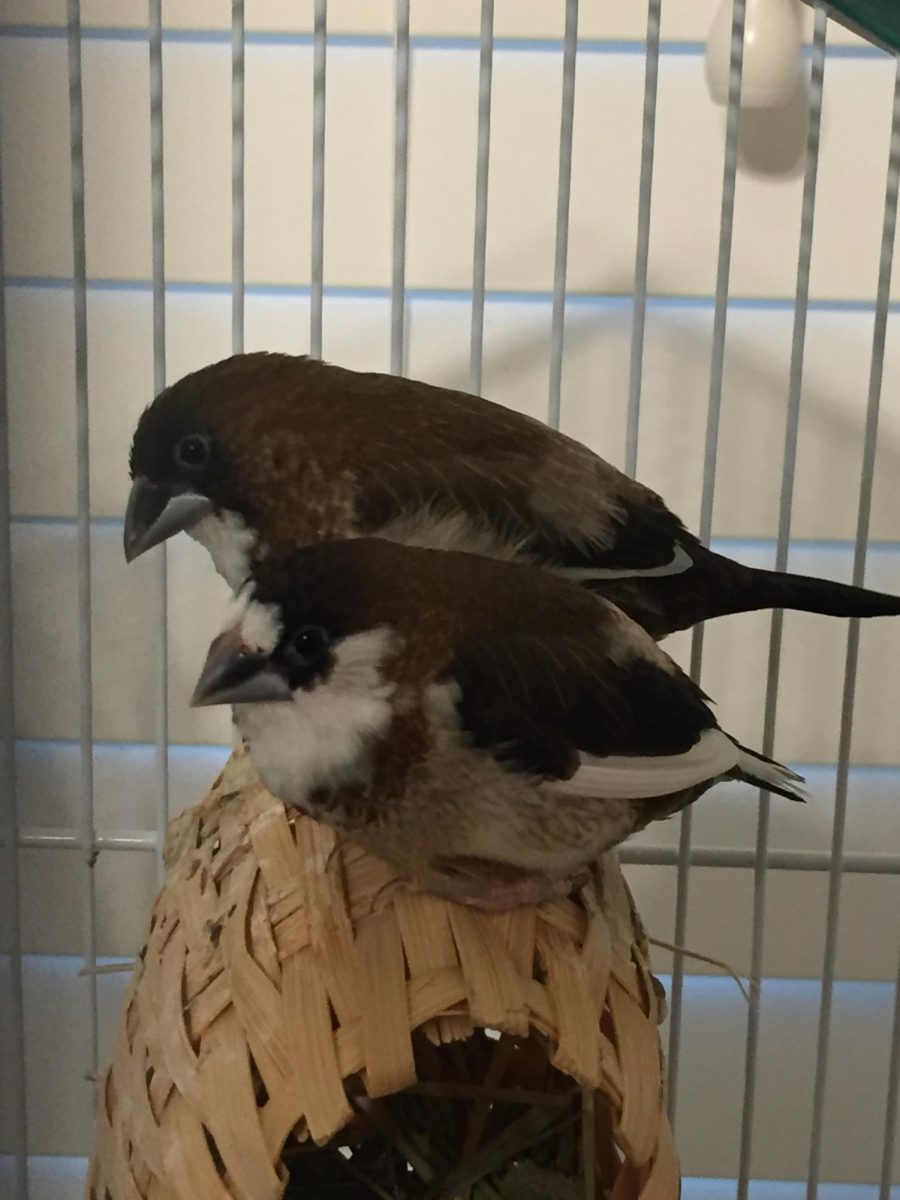Coming from a lower-middle-class household has always been a part of my life and my identity. It’s like playing a constant game of catch-up that I’ll never win. I might think for a second that I’m finally getting “it,” but this life is just a trick to get you to keep chasing something you can’t have.
I’ve spent a lot of sleepless nights staring up at the ceiling and thinking about money, opportunities that come from money, and how tight things were for our family. My parents divorced when I was five years old, and ever since I have been painfully aware of the weight on my mother’s shoulders. It often felt like it was my fault that she was trying to make sure we had enough. Enough for bills. Enough for groceries. Enough for happiness. Just … enough.
Except “enough” never seemed to go beyond basic necessities. Other kids my age would get the latest toys, like fidget spinners and brand new Pokemon cards, but I learned not to ask for those things. The worst thing I thought I could be was more of a burden to my mom. I understood, from the age of five, that money was the recipe for happiness, one we didn’t have much of.
We weren’t poor. We had snacks, clothes, dolls and shoes. But these things were sacred. Breaking a ceramic bowl in an accident or losing a jacket at school felt criminal. My mother took us to Chuck E. Cheese for birthdays, and we even had light-up sneakers “as seen on TV.” But it wasn’t a guarantee, and dinner was often one of the same five dishes in rotation.
My family sat on the line between two very different worlds, and it felt like we were the only ones.
At school, I would isolate myself because of it. I had friends but never any that were necessarily closer with me than with anyone else. I was fine with that for a while because I thought I didn’t offer much to other friend groups anyway. Their parents were part of the PTO and took them and their friends on summer vacations around the world. My mom was a high school teacher who was too busy working and fighting for custody to do the same.
As I got older, however, the tiny knot of jealousy that lay just above my stomach was not so tiny anymore. It seemed as though everyone else had new phones and trendy clothes that I thought we could never afford. It stopped being solely about wanting all these things for myself and began to be a constant reminder that I didn’t have the luxury of wanting things. Instead, my family and I had to focus on getting by.

My mother has been divorced twice, and because of the first of the two, I’ve been torn between my parents my entire life. I was diagnosed with clinical depression at the age of 14, and by the time I entered high school, it seemed as though the universe found joy in seeing me suffer. The worst part was that I decided to blame money, or rather our lack of it, as the root of all of my problems. I had convinced myself that my life would be better and I would be happier if I could buy everything I ever wanted.
Going to high school with this mentality only made matters worse because the knot of jealousy grew larger by feeding off my insecurities. As I tried to integrate into an entirely new reality, the reminder of what I could and couldn’t have came in the form of the other girls in my grade. I envied their lives, not just for the material things they had, but for the opportunities they had and their security in knowing they could move through life with ease.
It again seemed like the worries I had, I carried alone.
My sophomore year my father and I grew close, and it was because of him that I learned that what I was missing wasn’t money, clothes, a trust fund, or a new car. It was gratitude. Every car ride to and from school we had conversations that always left me wishing someone would have had them with me earlier. They made me feel less lonely, especially when I learned that my father grew up feeling the same way I had. It wasn’t until his forties that he learned to be grateful for what he had, and he wanted me to begin practicing gratitude as much as I could. Our renewed relationship was the most pivotal moment of my life, not just for learning to appreciate what you’ve been given, but for discovering how to be happy. Despite these moments together, I still found myself falling victim to comparison and envy, and I began to wonder if my desires would ever be fully satisfied.
This past year has taught me differently, and I know now that not only are my struggles shared with many others, but that it isn’t as bad as I made it seem. My father and I are closer now than we ever have been, and our discussions have healed wounds I never knew were there. We’ve also begun to practice gratitude together each day, and as silly as it may seem, it works. I’ve started to notice the things that I do have, which I have probably taken for granted just because they weren’t something I ever thought of as a privilege. My mom has always worked hard to keep our hearts happy, stomachs full, and minds ready to learn. I have access to an amazing education, and if I work for it I can set myself up for a successful future. I have a family that loves me, and that I see often. I have all I could ask for — love, happiness, and peace. I may not always have everything I want, but what I do have is much more meaningful.








